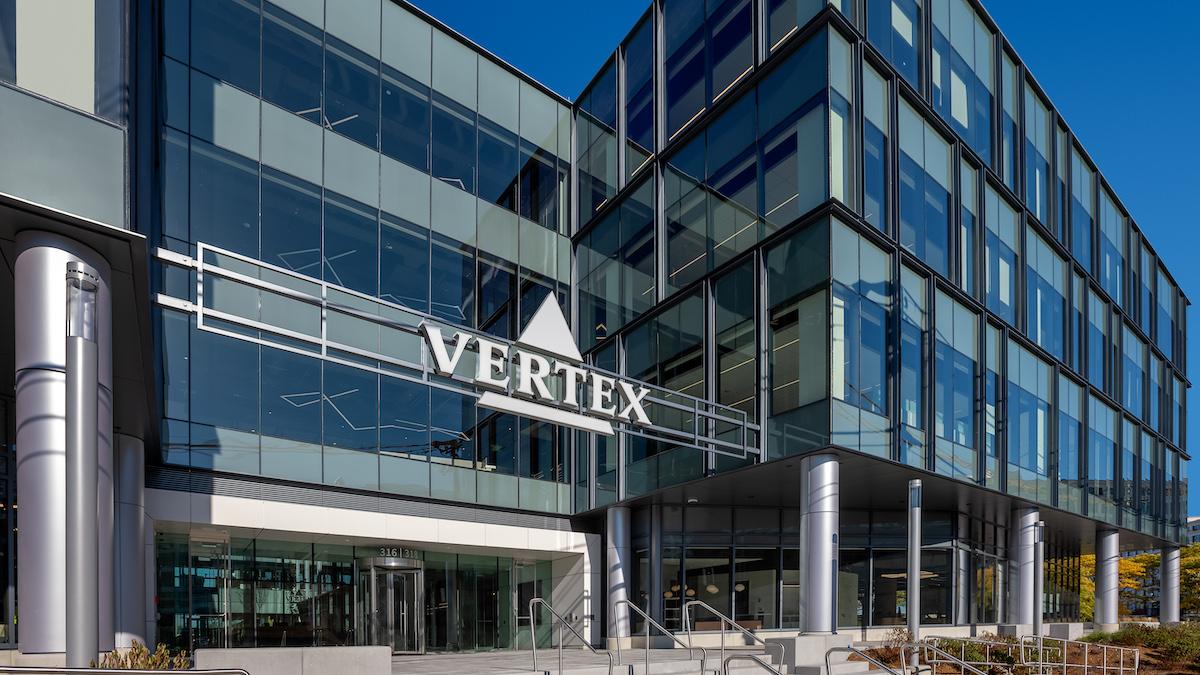FDA clears two sickle-cell gene therapies, including CRISPR first

The US FDA announced today that it has cleared two novel gene therapies for sickle cell disease: Vertex Pharmaceuticals' Casgevy and bluebird bio's Lyfgenia. The former is notably the first FDA-cleared gene therapy to utilise the CRISPR gene editing method.
FDA's clearance of Casgevy follows a similar decision from the UK's Medicines and Healthcare products Regulatory Agency less than a month ago. Both historic FDA approvals made use of a number of pathways created to fast track innovative treatments for rare diseases, receiving the Priority Review, Orphan Drug, Fast Track, and Regenerative Medicine Advanced Therapy designations.
"Sickle cell disease is a rare, debilitating and life-threatening blood disorder with significant unmet need, and we are excited to advance the field especially for individuals whose lives have been severely disrupted by the disease by approving two cell-based gene therapies today," Dr Nicole Verdun, director of the Office of Therapeutic Products in the FDA’s Center for Biologics Evaluation and Research, said in a statement. “Gene therapy holds the promise of delivering more targeted and effective treatments, especially for individuals with rare diseases where the current treatment options are limited.”
Sickle cell disease is a blood disease that affects about 100,000 people in the US and disproportionately affects Black and, to a lesser extent, Hispanic patients. It's caused by a mutation in haemoglobin that creates malformed red blood cells which restrict blood flow and can lead to extreme pain and organ damage. Before these gene therapies, a bone marrow transplant was the only permanent treatment.
Both Casgevy and Lyfgenia are autologous cell therapies, meaning the patient's own stem cells in the blood are removed, modified, and returned. In the case of Casgevy that modification is accomplished using CRISPR, a gene-editing technique that won its discoverers a Nobel Prize in 2020. For Lyfgenia, a lentiviral vector is used.
Both therapies were approved on the back of ongoing single-arm multicentre trials. For Casgevy, data from 31 patients was evaluated; 29 met the evaluation standard of 12 months free of severe vaso-occlusive crises. Lyfgenia's outcome measure was similar: complete resolution of vaso-occlusive events (VOEs) at 6 to 18 months post treatment. Out of 32 patients, 28 met that standard.
Prices set and QTCs announced
Following the FDA's announcement, bluebird bio announced that it would be pricing Lyfgenia at $3.1 million for the one-time treatment "in recognition of the value the therapy may deliver through robust and sustained clinical benefits and the estimated lifetime impact that reducing or eliminating VOEs may have on patients’ healthcare utilization, future earnings, and life opportunities."
Casgevy's price is set lower, according to SEC filings by CRISPR Therapeutics, at $2.2 million. CRISPR Therapeutics will get a 40% net profit share from sales of Casgevy as well as a $200 million upfront milestone payment.
bluebird bio also shared that it is "in advanced discussions with the nation’s largest commercial payers and more than 15 Medicaid agencies representing 80% of individuals with sickle cell disease in the U.S." and planning to offer outcomes-based contracts tied to VOE-related hospital stays.
Both treatments will have to be delivered at qualified treatment centres, an oft-cited bottleneck for autologous cell and gene therapies. bluebird, which has other gene therapies on the market, already has a network of 37 QTCs activated or in the process of activation. For its part, Vertex announced a preliminary list of nine authorised treatment centres with the promise of more to come.
Both companies plan to make their therapies available in the first half of 2024.












